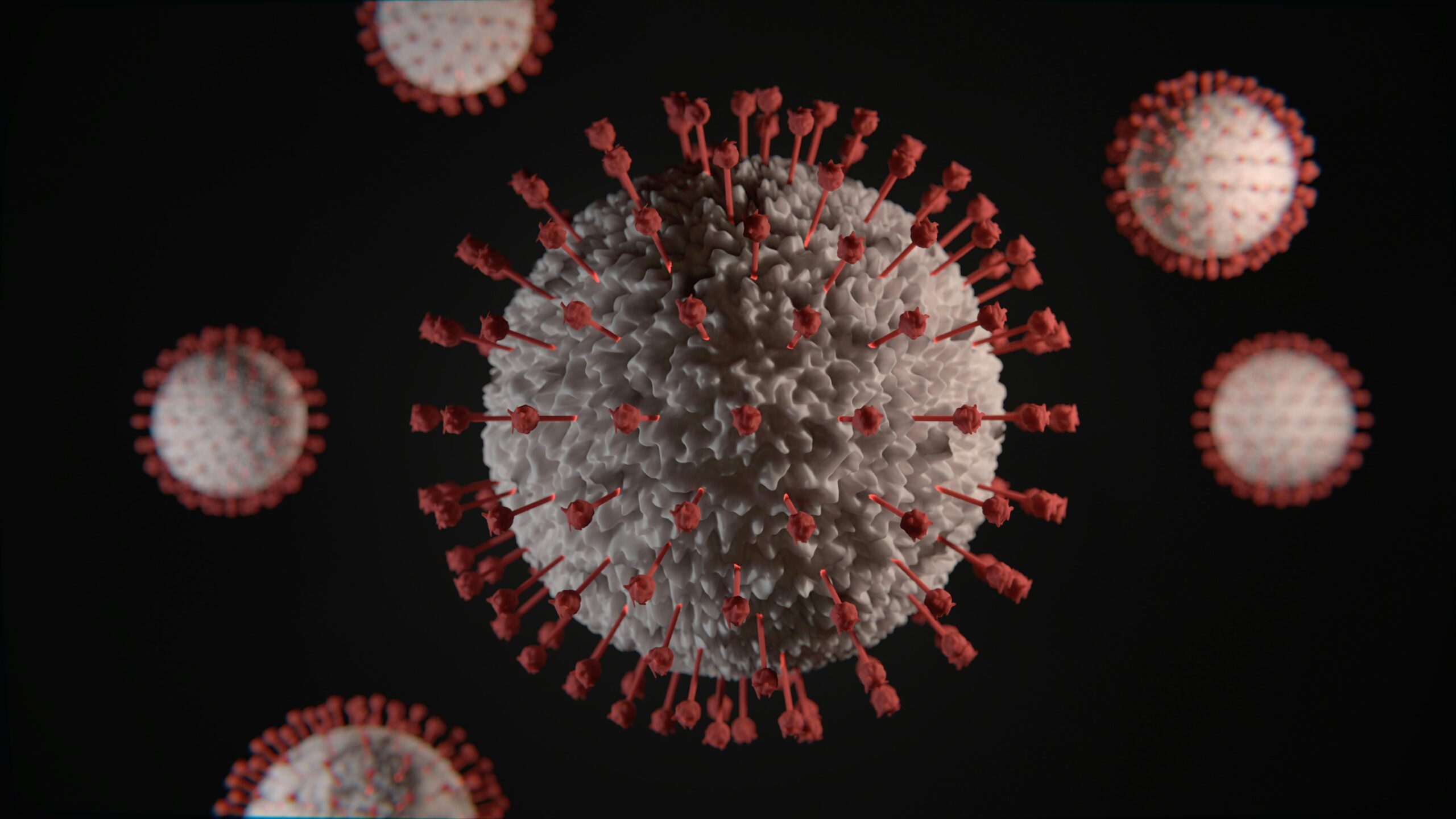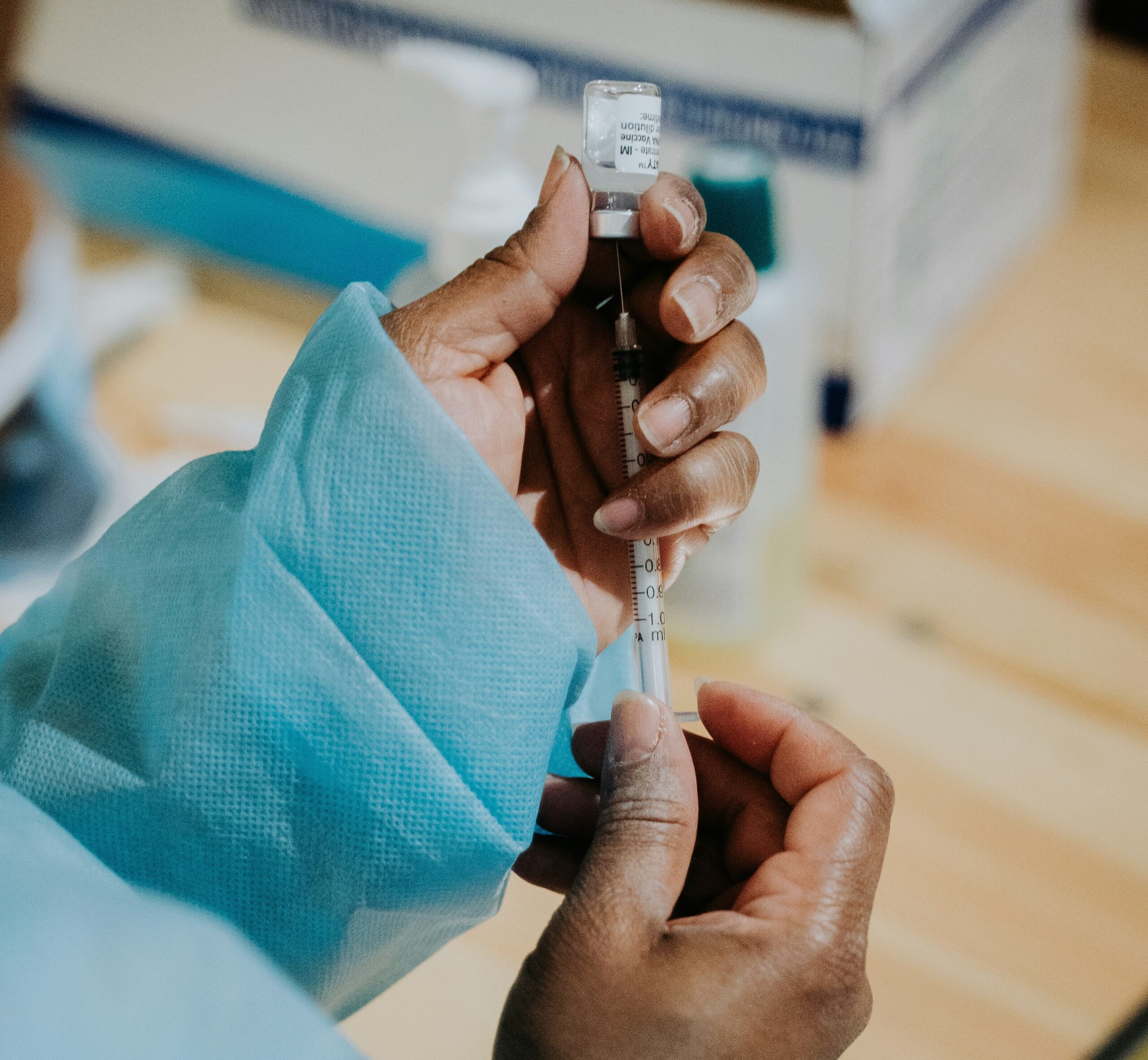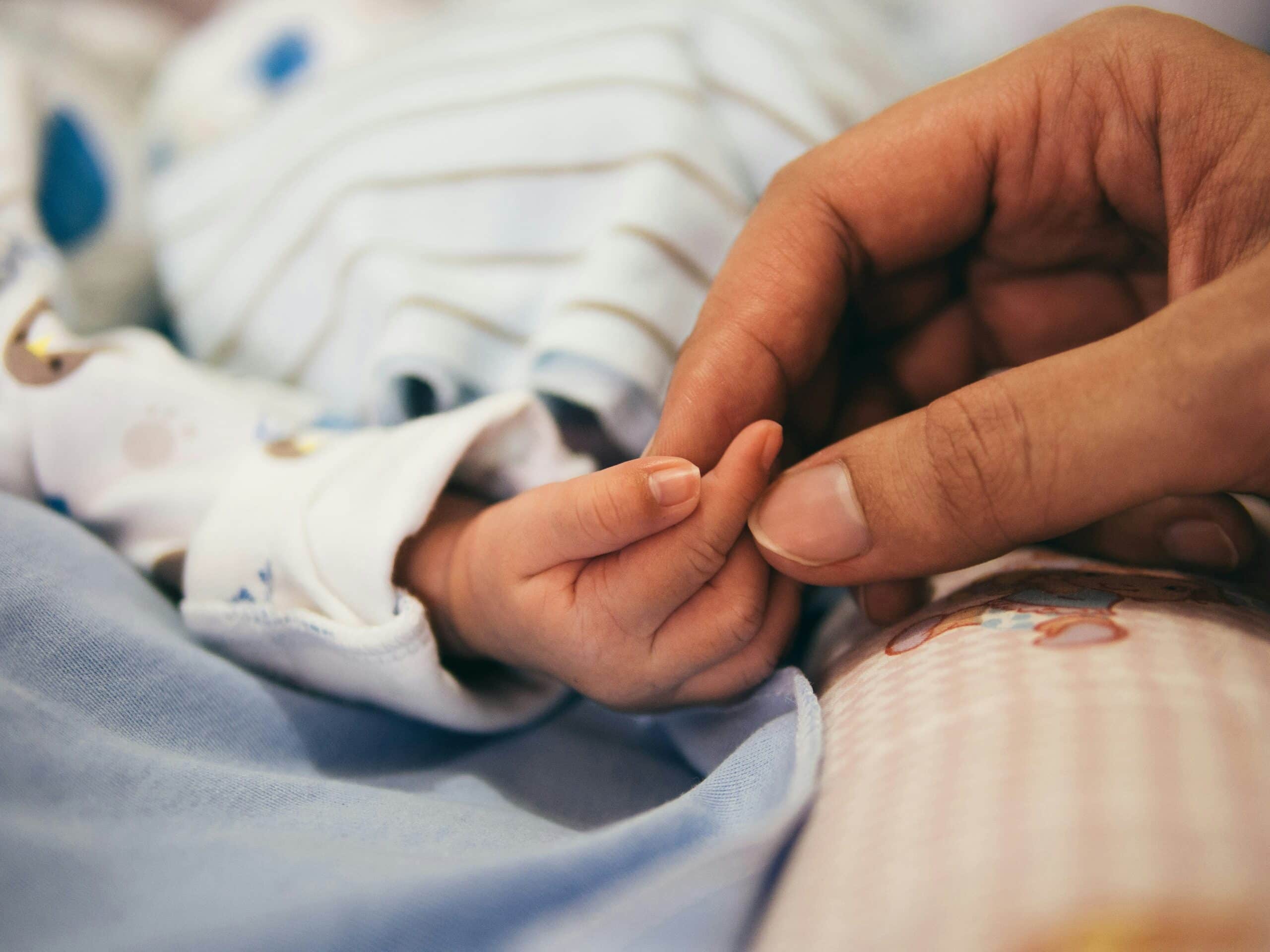
COVID-19 I (2020)
Policies, Risks, Preparedness
Section 03
Survey Overview and Demographics
General Overview
Study Date: 27.04.20–28.05.20
Geographic Coverage: United States
Expertise:
- 68.9% Biology
- 21.7% Civil and Environmental Engineering
- 9.4% Biochemistry
Response Overview
Sample Size: 1968
Valid Responses: 373
Response Rate: 19
Date initial findings posted: 06.06.20
Most recent update: 06.06.20
Days survey in field: 22
Average response time: 21
Survey Demographics
Respondent Demographics:
- 63.5% Male
- 36.5% Female
- 100% Academic
- 0% Industry
Language(s): English
Section Overview
SciOPS conducted the initial COVID-19 survey of academic scientists in May 2020 to look at how COVID-19 policies have influenced academic scientists’ home-life, research, and views on policy.
Question
How prepared do you believe each of the following groups were to confront the COVID-19 disease pandemic? (N=359)

Finding
About 90% of responding scientists believe the federal government was not very prepared or not prepared at all for the COVID-19 disease pandemic.
Scientists believe that state (43%) and local (48%) governments were at least somewhat prepared.
Though scientists are more positive about the preparedness of the U.S scientific community, CDC and NIH, most believe the US general public was not very prepared or not prepared at all (94%).
Question
Overall, how effectively do you believe the U.S. government has managed the COVID-19 disease pandemic? (N=359)

Finding
Most of the scientists (about 89%) said that the US government is not at all or not very effectively managing the COVID-19 pandemic.
Question
When confronted with a pandemic such as the COVID-19 disease, decisions must be made as to whether to continue following established policies for obtaining FDA approval for newly developed tests and vaccines, or to forego some established procedures in hopes of more quickly releasing products that help confront the crisis. This requires a careful balancing of the risks and benefits of these alternatives.
Using the COVID-19 disease as an example, what do you believe is the risk/benefit tradeoff associated with each of the following potential decisions that might need to be made during the time of a national pandemic emergency? (N=351)

Finding
Scientists responded that the benefits exceed the risks when some of the FDA approval process are suspended:
- to expedite the diagnostics needed to test for active infection (About 63%).
- to expedite the diagnostics needed to test for prior infection ( About 54%).
- to expedite the availability of potential vaccine (About 43%).
Question
There is currently no vaccine available for the COVID-19 disease. Given that the regular process for developing, testing and obtaining FDA approval for a new vaccine may require one year or longer to complete, do you believe it would or would not be ethical to bypass some of the formal approval process in order to begin distributing any promising new COVID-19 vaccines more quickly? (N=354)

Finding
Around 30% of the scientists responded that it would be unethical to bypass some of the formal approval process to expedite the distribution of new COVID-19 vaccines.
Yet the largest number of scientists (about 40%) responded that the issue of ethics for bypassing some formal process to accelerate the vaccine distribution would depend on the situation.
Question
Some countries have been increasingly using surveillance technologies (e.g., fine grain location tracking, facial recognition, automated temperature detection etc.) to track disease transmission.
How necessary do you feel the use of such technologies are for mitigating a public health crisis such as the COVID-19 pandemic? (N=356)

Finding
More than half of the scientists (53%) said that the use of technology for better surveillance is necessary, but needs better regulations.
About 24% of scientists indicated that the use of technology to handle the public health crisis is necessary.


